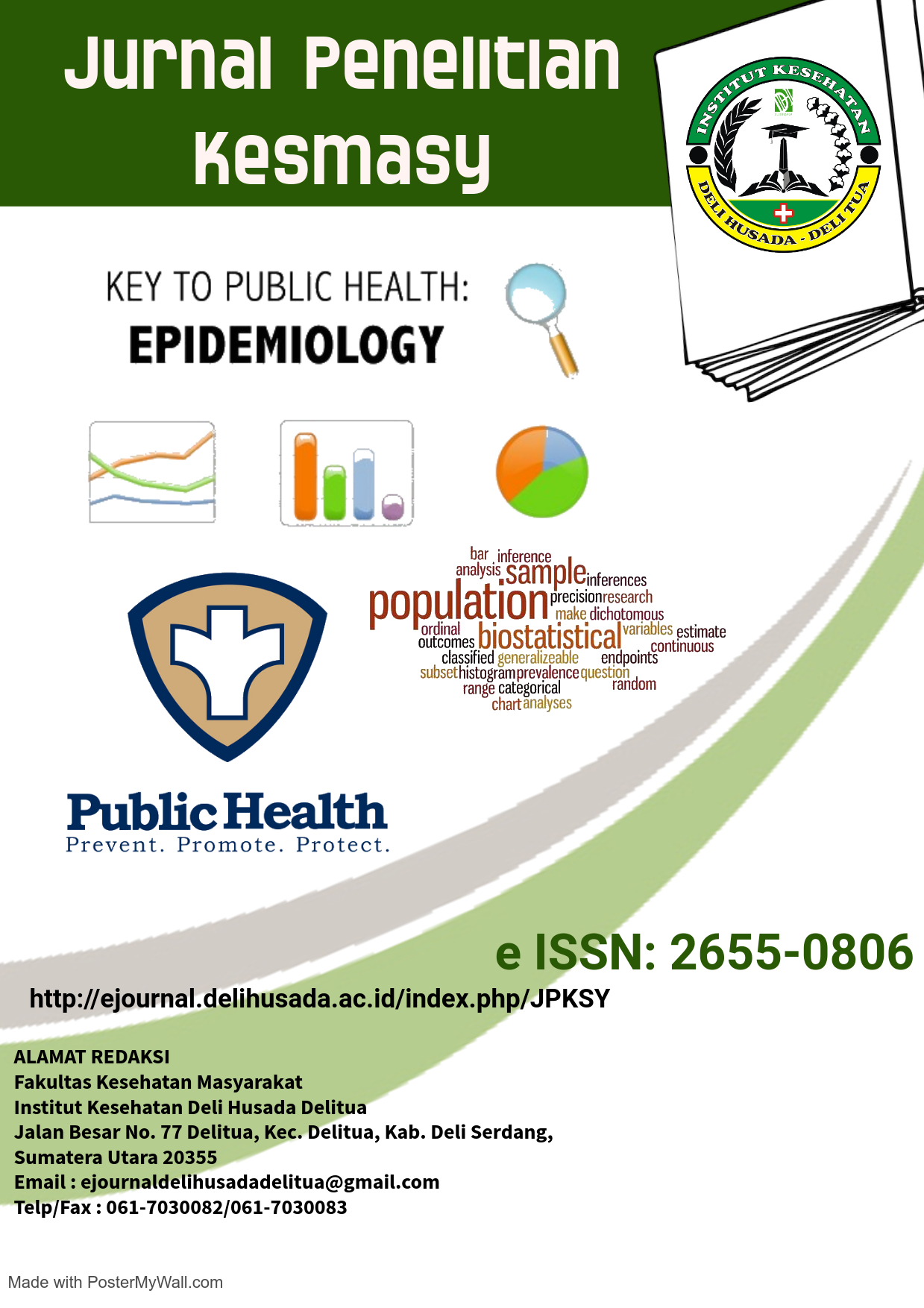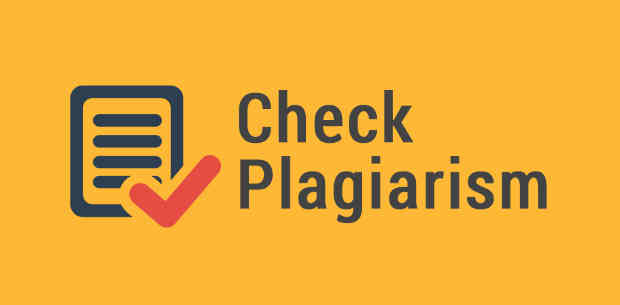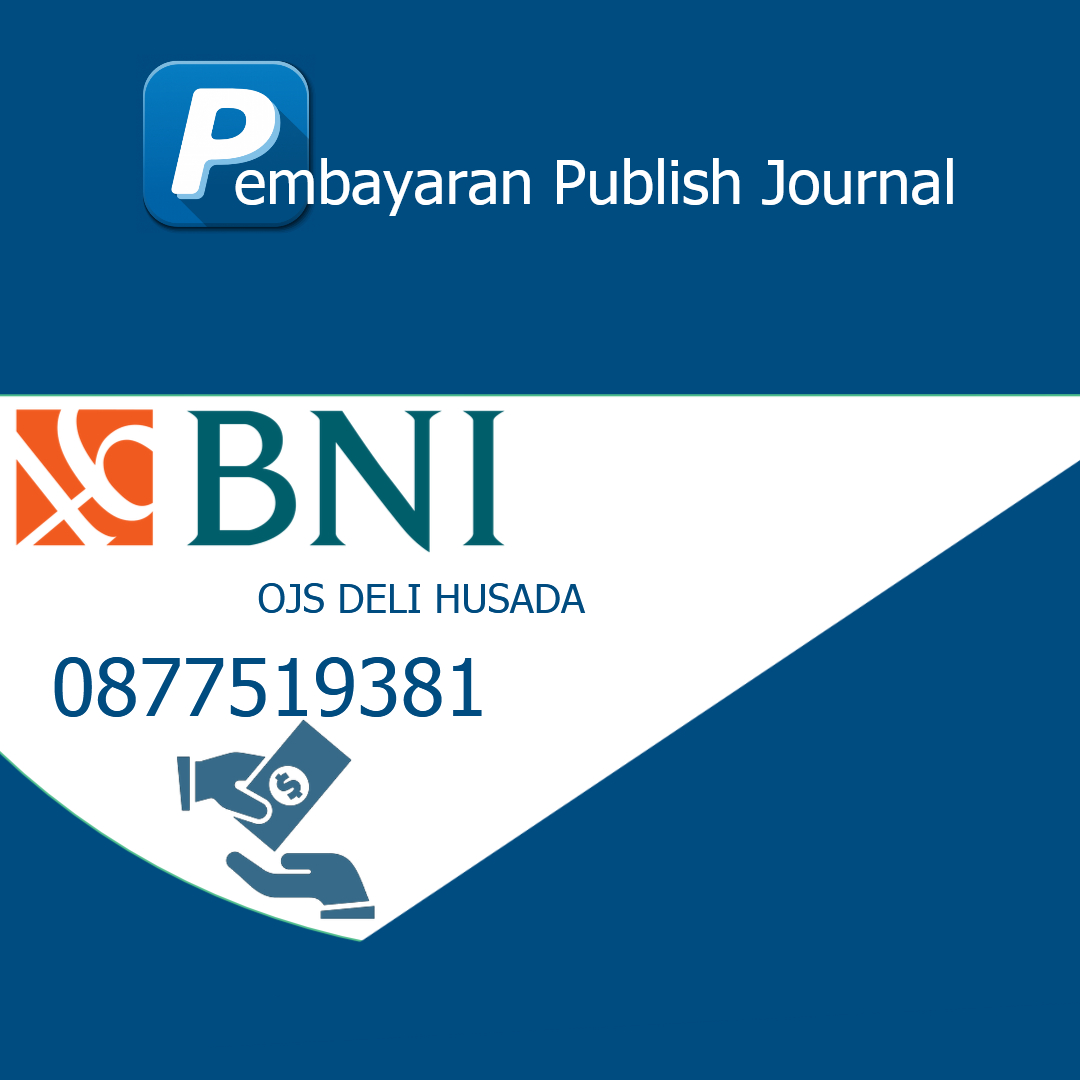HUBUNGAN TINGKAT PENGETAHUAN IBU DAN DUKUNGAN SUAMI DENGAN PEMILIHAN METODE KONTRASEPSI DI KLINIK PRATAMA NURUL UMMI TAHUN 2024
Abstract
In the Pratama Nurul Ummi Clinic in 2024, what is the correlation between the husband's support of contraceptive techniques and the mother's degree of knowledge? At the Pratama Nurul Ummi Clinic in 2024, the goal is to ascertain the relationship between the husband's support and the mother's degree of understanding regarding the choice of contraceptive technique. The Total Sampling Method is used in this study, and the number of samples is equal to the population of each Childbearing Age Couple (PUS) who had an appointment at the Pratama Nurul Ummi Clinic. The sample method employs incidental sampling, which entails selecting thirty PUS population members the researcher encountered while working at the Pratama Nurul Ummi Clinic. The cross tabulation results showed that 16 Fertile Age Couples (PUS) in the Husband Support category 11 (36.7%) did not support using family planning, and 19 (63.3%) PUS did not use family planning. These findings are based on statistical tests with a p-value of 0.001 (0.05), which indicate that 3 (16.7%) of the 30 PUS in the Poor Knowledge category used family planning, and 17 (56.7%) PUS did not use family planning. With a p-value of 0.000 (0.05), the research results were derived from 12 PUS in the helpful spouse support category, 9 (75.0%) of whom utilized family planning and 3 (25.0%) of whom did notIt was determined that the majority of moms who participated in the study were not well-informed on the choice and application of contraceptive techniques, with 18 respondents (or 60%) falling into this category. The Pratama Nurul Ummi Clinic in 2024 found a significant correlation with a p-value of 0.001 between the choice of contraceptive technique and knowledge level.
References
Faridi, A., Susilawaty, A., Rahmiati, B. F., Sianturi, E., Adiputra, I. M. S., Budiastutik, I., ... & Hulu, V. T. (2021). Metodologi penelitian kesehatan.
Handayani, L. T. (2020). Kajian etik penelitian dalam bidang kesehatan dengan melibatkan manusia sebagai subyek. The Indonesian Journal of Health Science, 10(1).
Ida, I., & Irianto, J. (2020). Pemberian Dukungan Untuk Menyusui Asi Eksklusif Enam Bulan Di Puskesmas Kemiri Muka, Depok, Jawa Barat Tahun 2019. Indonesian Journal of Reproductive Health, 6(1), 19-30.
Indonesia, K. R. (2023). Profil Kesehatan Indonesia tahun 2022. Pusdatin. Jakarta; 2022. https://p2p.kemkes.go.id/profil-kesehatan-2022/
Prijatni, I., & Rahayu, S. (2021). Kesehatan reproduksi dan keluarga berencana.
Putri, R. P., & Oktaria, D. (2019). Efektivitas Intra Uterine Devices (IUD) Sebagai Alat Kontrasepsi. Jurnal Majority, 5(4), 138-141.
Rusiana, R., Mudayatiningsih, S., & Susmini, S. (2019). Hubungan Tingkat Pengetahuan Tentang Kontrasepsi pada Ibu Pasangan Usia Subur Dengan Sikap Ibu Dalam Pemilihan Kontrasepsi di Donowarih Karangploso Malang. Nursing News: Jurnal Ilmiah Keperawatan, 2(3).
Sudirman, R. M., & Herdiana, R. (2020). Hubungan Dukungan Suami Dengan Pemilihan Metode Kontrasepsi Pada Pasangan Usia Subur Di Pu_skesmas Sunyaragi Kota Cirebon Tahun 2020. Journal of Nursing Practice and Education, 1(1), 21-29.
Yam, J. H., & Taufik, R. (2021). Hipotesis Penelitian Kuantitatif. Perspektif: Jurnal Ilmu Administrasi, 3(2), 96-102.
Yanty, R. D. (2019). Faktor Yang Mempengaruhi Pemilihan Jenis Kontrasepsi Pada Wanita Usia Subur. Jurnal Ilmiah Kesehatan Sandi Husada, 8(2),121124.
Yusuf, H. (2020). Hubungan Konseling Keluarga Berencana dan Pengetahuan Ibu dengan Pemilihan Metode Kontrasepsi di Wilayah Kerja Puskesmas Mamboro. Jurnal Kolaboratif Sains, 3(5), 216-222.







